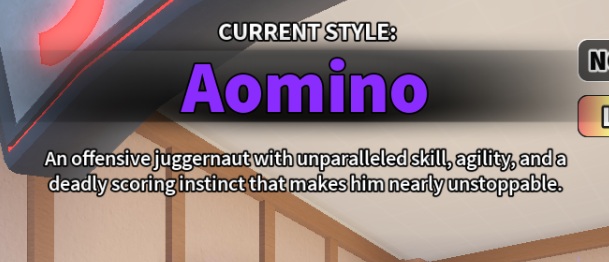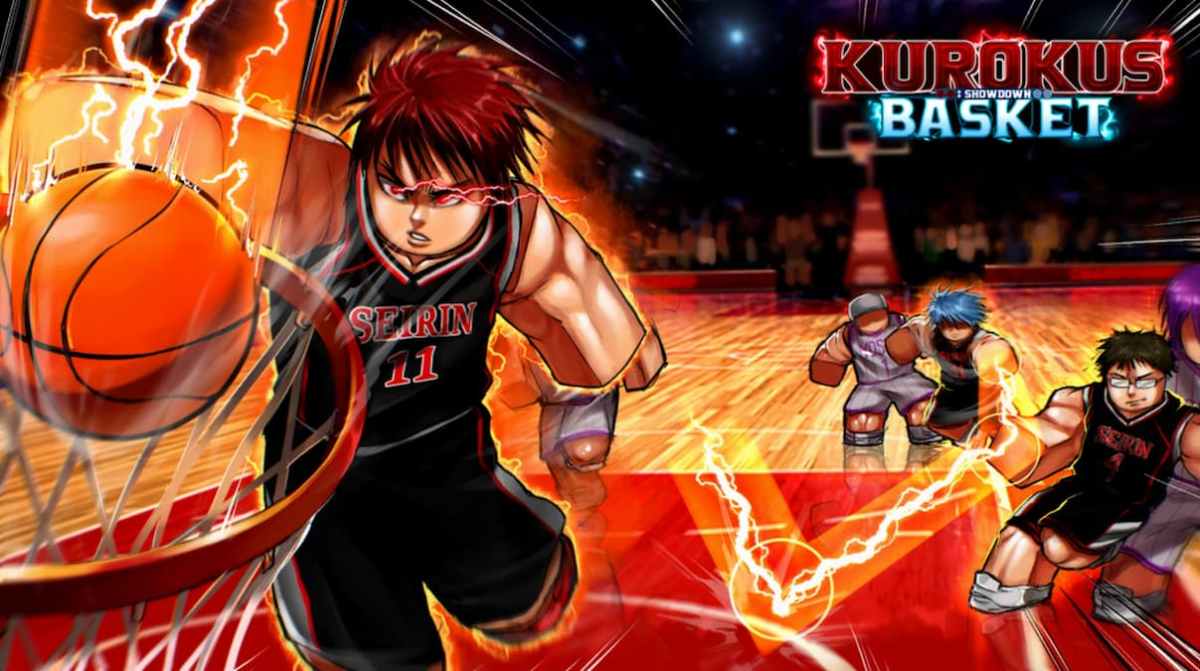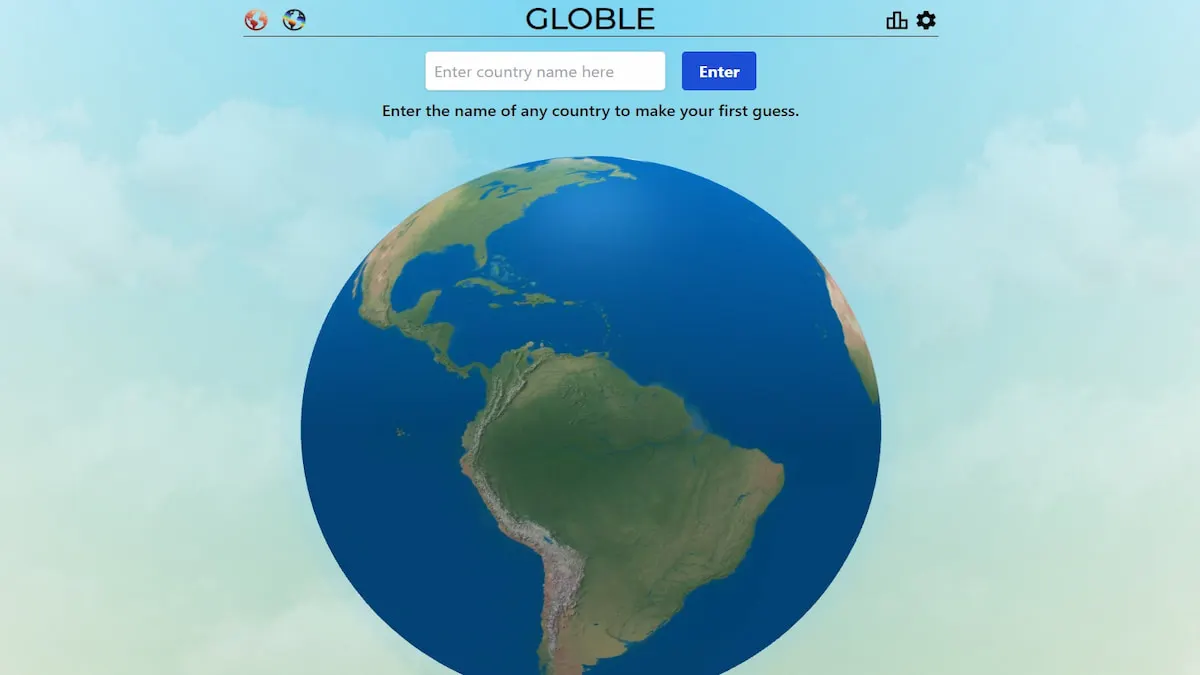Kuroku’s Basket Showdown has a very fun style system, which gives you a few more options during matches. Depending on which style you use, you can get higher jumps, better passes, and even special moves that guarantee shots. Before you know which Styles you should aim for, you need to know what they do. Thus, we’ve prepared a list of all of them. Here are all the Styles in Kuroku’s Basket Showdown.
Kuroku’s Basket Showdown All Styles
There are currently four styles in Kuroku’s Basket Showdown. Two rare, one epic, and one legendary. You’ve guessed it: to get the epic and the legendary one, you’ll need to play the gacha. Thankfully, you can earn money to buy gacha spins just by playing the game, and there is even a pity system in place. Here’s what each style has:
| Style name | Abilities |
 Kuroku (Rare) | Formless Shot: Aim at the hoop, and activate an automatic shot that’s unblockable while airborne Back Spin: Dash forward and Ankle Break any opponent that tries to steal your ball. Similar to Vanish Drive but more powerful. Awakening Move: Dribble through other players as you move at a high speed. You stun anyone you pass through. |
 Tepei (Rare) | Hook Shot: Shoot a ball at the hoop from the side. Great if you get cornered by opponents. Auto Pass: Aim at a teammate and pass them the ball without fail. Super useful. |
 Aomino (Epic) | Formless Shot: Aim at the hoop, and activate an automatic shot that’s unblockable while airborne Back Spin: Dash forward and Ankle Break any opponent that tries to steal your ball. Similar to Vanish Drive but more powerful. Awakening Move: Dribble through other players as you move at a high speed. You stun anyone you pass throught. |
 Kagame (Legendary) | Jump: Guess what you do here? Jump super high and block/intercept almost any airborne ball. Dunk: Slam-dunk a ball while in range. Boomshakalaka! Awakening Move: Perform an unblockable dunk if another player passes you the ball while you are near the opponent’s hoop. |
That’s all other is to it. If you need a boost in Kuroku’s Basket Showdown, check out our Kuroku’s Basket Showdown codes.




Published: Feb 6, 2025 06:59 am